There?s a lot of distilling equipment that is used in the process of preparing the mash, fermenting it, distilling the wash, and packaging the final product. Of course, the most essential piece of equipment when making moonshine is the still - but we'll assume you're savvy to that already.
As with most crafts, the right tools for the job make all the difference between a frustrating or dangerous process and a smooth, relaxed moonshine run.
Crafting your own moonshine is fun, exciting and oh so rewarding. Just seeing that beautiful shine dripping out of the condenser is a pure joy to the eye. But in order to get there, you?ll need some basic moonshine equipment that will make the process possible.
It really makes a difference when all of the little tools are tried and tested so that you get the most out of your run
I'm so excited to prepare so many #recipes of #drinks, #cocktails, #Moonshine, #food - I'm ready to get down to work! #Moonshinerecipe
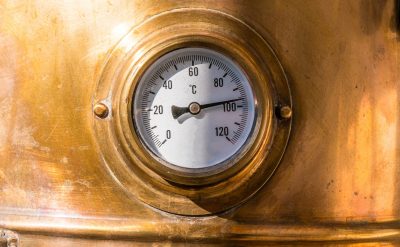
In this article we?ll be overviewing all the useful equipment besides the still that is used for making moonshine.
Some of this distilling equipment is somewhat optional, whereas others are essential and irreplaceable. So if you actually want to enjoy distilling your moonshine instead of being stressed with the whole endeavor we strongly recommend investing in the following items.
In a rush? Grab our top recommendations here:
Best Fermentation Container | |||
Best Airlock | |||
Best Heat Source | |||
Best Temperature Gauge | |||
Best Hydrometers(you'll need both) |
Best Fermentation Containers
Preparing the mash is the first important step when making moonshine. So it?s natural that you?ll need to invest in a vessel that will let the mash ferment properly and produce liquor that will be further distilled into the spirit.
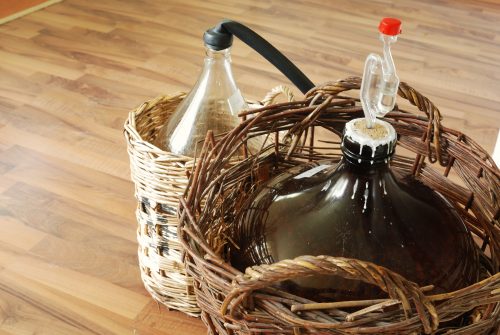
Thankfully, there are plenty of options available on the market ranging from dirt cheap to rather expensive that are designed for homebrewing and winemaking, but are great options for the home distiller to ferment a moonshine mash as well.
The good old classic glass carboy fermenter. Things just don't get any more homemade than this. Countless home brewers, cider makers and wine makers rely on carboys such as this, so you can rest assured that your moonshine mash will be fermented properly in one of these.
The good thing about this carboy fermenter is that it?s made of glass, which means there?s a reduced risk of bacterial infection if properly cleaned and sanitized.
However, the material also leads to several downsides. First of all, it?s rather heavy when empty, not to mention when full. Handling glass is also tricky, especially when liquids are involved. And stacking several carboys is impossible due to the narrow neck.
Still, if you?re searching for something simple and reliable that will also fit most bungs and airlocks ? this should be your pick!
A step up in practicality and a step down in price is this beautiful big mouth plastic carboy. It?s a natural evolution of the classic glass carboy with an expanded neck that allows easier access to the interior for washing, sanitizing and wash transfer.
It?s also much lighter than the usual glass carboy and won?t shatter into a thousand mini-knives if you happen to drop it. And it?s also cheaper.
So what?s the catch? Well, it?s the material this fermenter is made of that?s the culprit. Yes, it?s made out of food-grade plastic so there?s won?t be any undesired smells or flavors in your wash.
However, if you happen to scrub it too vigorously with a brush the interior will get tiny scratches, which may ultimately house undesired bacteria and spoil the wash. That?s why it?s recommended to rotate plastic fermenters every now and then, especially if you start noticing that your wash doesn?t taste that good.
But for the price these come at you surely can stock up in advance without putting a dent in your budget.
Another fine item from the home brewers arsenal, this plastic bucket is primarily used for bottling the finished beer. However, it also doubles as a fermenter thanks to the tight seal lid and an opening, which allows you to fit an airlock.
Even though it?s made of plastic like the previous item, this type is usually more durable. Though, we?d still recommend taking it easy when scrubbing the insides of the bucket.
However, the design of this fermenter allows several of them to be stacked together without taking too much space. And the bottling spigot can also come in handy when separating the wash from the mash. Highly recommended!
Now if you want to get all fancy and have some budget to spend, this is the luxury option we?d certainly recommend looking into. This is some high quality distillation equipment.
First, it?s made of stainless steel, so it will serve you for years to come and make cleaning and maintenance a breathe.
Second, it doubles as a pot, so you can actually pre-heat your water directly in the fermenter before mashing the grains. Third, it has internal volume markings, which is really useful when doing the mash. And fourth, it looks really sexy!
So if your budget is not that tight, getting one of these is definitely an option to consider.
Best Airlocks
Airlocks are quite simple yet essential when it comes to fermenting your mash. These simple devices allow the CO2 produced by the yeast to escape the fermentation vessel while also keeping the ambient air out.
This is done to minimize the risk of wild yeast and bacteria contamination, which may impede the fermentation and result in undesired off-flavors in the wash.
Fortunately, most airlocks are quite cheap, so it?s not that big of an investment to talk about.
The classic design airlock most home brewers and distillers are so familiar with.
Just stick it into the appropriate opening in the lid of your fermenter, make sure that the seal is tight, fill it with water or sanitizing liquid to the mark, and don?t forget to take off the cap.
The CO2 escaping the fermenter will push up the upper part of the airlock and then get redirected through the liquid, which serves as a barrier for the outside air.
Simple, elegant, effective, and really cheap.
Another classic design that is used by home brewers, mead, and wine makers all over the world.
This S-shaped airlock doesn?t have any moving parts, so there?s a lower risk of having a container open to outside air in case of fermentation gone crazy.
The small downside, however, is that it?s harder to clean, which is especially important if you get some foam coming out of the fermenter. But you can simply soak it in water or replace it with the second airlock from the set.
And having a complimentary carboy bung is also a nice bonus!
Best Heat Sources
Choosing a heat source is one of the defining factors that will ultimately affect your entire moonshine run. Depending on the energy source you?ll select, your still may require a different approach and the whole run may take different amounts of time.
Traditionally there are three main heat sources used by distillers: wood, gas and electricity. We?ve discussed the pros and cons of each in our guide on How to Make Moonshine, but here's the quick'n'dirty:
- Open firewood is badass, but will prove very difficult to control heat unless you've been doin' it a long time.
- Electric will offer the most precise control, but sometimes runnin' a cord ain't an option.
- A gas burner is mobile, and offers decent temperature control, but can be much more dangerous.
Here are our recommendations for gas and electric heat sources for moonshine stills:
Compact, light, portable, yet packing plenty of power to heat a decent-sized home still with no problem.
This electric burner is an excellent choice for those of you who choose electricity as the primary source of heat for the still. The only downside is that you?ll need a long extension chord in order to power this one outside the house. Because distilling indoors is a serious safety hazard.
So make sure you?ve got a good spot in your garage or the back lawn and have a long enough chord to power this burner.
Taking electric heating to the next level is this induction cooktop burner. In contrast to the previous item, this burner doesn?t have a direct heater that produces heat energy, but an induction plate that transmits energy to the vessel standing on it.
The cool thing is that the entire vessel acts as a heating element, which means better energy efficiency and temperature control.
However, the downside is that not all stills will work with induction heating, especially those made out of pure copper. In order to check whether your still is induction-compatible, just try sticking a magnet to its bottom ? if it sticks, then there?s some magnetic metal in its structure and you?re good to go.
Oh, and don?t forget an extension cord for this one as well.
The Banjo is a classic design gas burner that has countless applications from cooking to distilling.
It packs quite a serious punch but is also mobile, which allows you to distill virtually everywhere. Just throw it into the trunk with a full propane gas tank and you?re all set. But remember that burners like this are only intended to be used outdoors, so make sure to pick a good spot outside of your home for the run.
The Concord Banjo burner is a durable piece of equipment that will serve you for years. Made out of cast iron it will withstand all sort of abuse with no problem. Definitely a piece worth investing in!
Another reliable gas burner that covers a broad variety of applications, Gas ONE is a wonderful item that will fit into your toolshed just right.
In contrast to the Banjo design, it has four support points, making it more stable, which is particularly useful when fitting a large still on top of it.
With 200,000 BTU power it delivers a serious punch, while the power control allows you to fine tune the output when it?s really necessary to keep the temperature in the pot at a steady pace.
A great piece of equipment for any home distiller out there.
Best Temperature Gauges
Some experienced moonshine runners will swear by their last stash that they are able to make a run without knowing the exact temperature of the wash in the still. Well, hats off to them.
We like using reliable measurements, since it?s very important to keep track of the temperature inside the still. Keep it too low and the liquor simply won?t evaporate from the wash. Too high ? and you?ll start getting lots of undesired compounds besides liquor.
That?s why it makes total sense to invest in a good temperature gauge for your still if you want to get the best results each time you fire it up.
Here's what we recommend checking out for your still:
If you?re looking for a reliable, durable and simple thermometer to have an accurate temperature reading in any conditions this is just it.
It?s designed to be installed permanently into the still?s pot, and you might want to get another one for the condenser as well, since that temperature is as important as the pot readings.
A little bit of drilling, fitting installation, and you've got professional grade temperature readings for your still.
The OneBom comes with two temperature scales, which is very handy, with very precise divisions that allow you to get accurate readings anytime. Highly recommended!
If you prefer the precision and simplicity of digital thermometers, then the CEM DT-130 is definitely your pick.
This cooking thermometer can be easily fit into a still given that it?s equipped with a dedicated thermowell.
Just stick it in, push the button, and you?ll get a precise and dynamic reading both in Fahrenheit and Celsius.
Make sure not to stick the plastic casing too close to the side of the still while distilling for it may simply melt. Thankfully, the probe is long enough to make that possible.
Now, if you want to get all fancy with your still, this piece is definitely worth your attention.
First, it?s a digital unit that comes equipped with two probes, making it perfect for distilling as you can insert one to measure your mash temp and one into the condensing column to read the vapor temp.
But the selling point, of course, is the Bluetooth connectivity, which allows you to monitor the still temperature in real time using a smartphone or tablet. Sounds cool, right?
Well, the price isn?t that high either, so it?s definitely worth looking into this option if you prefer hi-tech solutions when distilling.
Best Hydrometers
For distilling you?ll actually need two different types of hydrometers: a brewers and distillers hydrometer.
A brewers hydrometer allows you to measure the specific gravity at the beginning and the end of fermentation, and thus calculate the ABV of the wash going into the still.
A distillers hydrometer lets you get a proof reading when the moonshine is coming out of the still, like so:
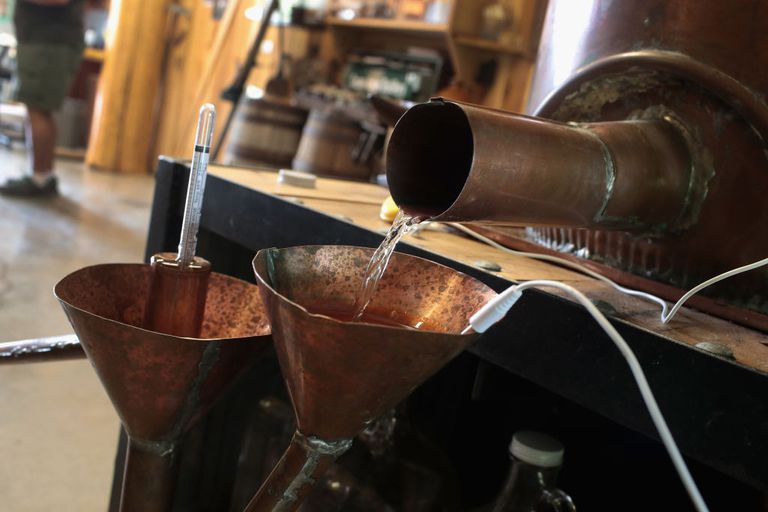
Some traditional moonshiners refrain from using these devices, believing that taste and strength is the only thing that matters.
We?d recommend buying both. Taking these measurements will help you determine the effectiveness of your fermentation, and the exact ABV of your moonshine and the still?s efficiency. You'll want to know this especially if you're starting out, so you can hone your process.
We?ve compiled our favorite options and tips that you may find useful when deciding on hydrometers:
If you?re looking for a reliable distillers hydrometer that allows you to check the proof and ABV reading of your moonshine while it?s dripping out of the condenser, this kit is just what you need!
With both Proof and Tralle scales it?s very simple to use ? just collect the moonshine in the test jar and drop the hydrometer. By the way, the test jar is also included, with a handy brush to help you clean it after use.
This is an essential item you definitely need to have in your distilling inventory!
For a brewers hydrometer, we?d recommend looking closely at this handy kit. At a glance it?s quite similar to the previous one, but there are significant differences upon closer inspection.
First, it?s calibrated to measure the sugar content of the mash, both as Specific Gravity and Brix, while also giving you a potential ABV reading that lets you project the final liquor content after fermentation.
It also comes equipped with a built-in thermometer that allows making any reading adjustments on the fly. Just consult with the handy table provided in the instruction sheet that comes together with the test jar and cleaning brush.
Simple, comprehensive, useful and very affordable!
If you don?t want to waste too much wort on gravity readings, make sure to check out this refractometer.
With a single drop of the mash liquid you?ll be able to take an accurate gravity reading both in Specific Gravity and Brix points.
Just make sure to calibrate it just as described in the instruction sheet and you?re all set. A handy little tool that makes a great addition to a distiller?s inventory at a very affordable price.
The Non-Essentials
There are many items that aren?t strictly necessary when making moonshine, but their presence in your toolshed will definitely make things easier for you.
Here?s an assortment of the most useful extra tools we've used:
A moonshine parrot is a simple yet ingenious device ? it collects the moonshine dripping out of the condenser and allows you to measure the proof of the spirit on the fly.
In fact, you can actually see the variation in proof as the still churns out the spirit over time. Fits most standard distillers hydrometers. A nifty little bit of distilling equipment, indeed.
This parrot kit delivers all the parts that you have to put together by yourself. Thankfully an instructional video is provided with the product, and it?s really easy to follow.
A nice little extra that saves both effort and time.
They're intended to be used as shot glasses, and we have certainly enjoyed them as such!
But a fantastic reason (and our primary reason) for having such small jars in our distillers toolchest is having better control of our cuts while distilling.
By separating the spirit into smaller containers you?ll get a better understanding of what heads, hearts, and tails smell, look and taste like.
Definitely worth having a set handy!
The Final Swig
Making moonshine is always fun. But it gets even more exciting when things go exactly as planned.
That?s why we?ve made this overview of the most useful moonshine equipment you can get on the web. Some of these things you could probably do without, while others make part of the bare essentials in any moonshiner?s kit.
So make sure to check all of the options and build a tool inventory that will make things easier for you during the run.
Oh, and don?t forget that you?ll also need a still to make your own moonshine. So make sure to read our guide on the best moonshine stills too! Cheers!

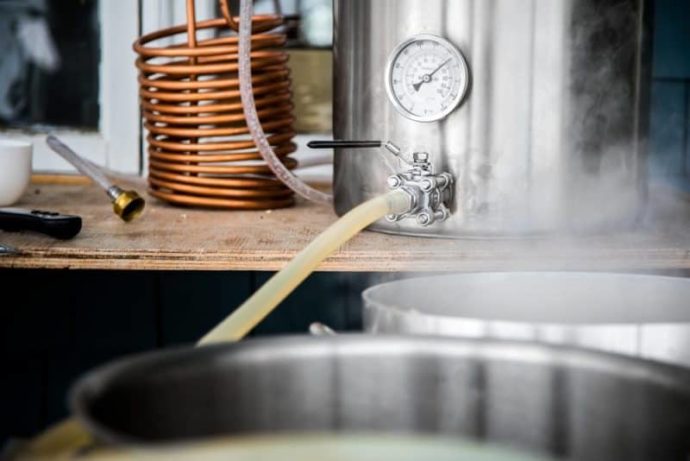
























![Moonshine Distilling Equipment: What?s Best Right Now For many Australians, coffee isn’t just a beverage—it’s a ritual. Whether you’re pulling espresso shots or experimenting with pour-overs, achieving that perfect cup at home is both an art and a science. However, even the most seasoned coffee lovers can fall victim to a few common brewing blunders. Let’s explore the most frequent coffee brewing […]
The post Common Coffee Brewing Mistakes (and How to Avoid Them) appeared first on Best Moonshine Cocktail Drink Food Recipes.](https://i.pinimg.com/564x/fb/29/76/fb2976f8e57b04ba6e928adaf6afc236.jpg)
![Moonshine Distilling Equipment: What?s Best Right Now In fact, there are not many other mixes that can be as interesting and beneficial in alternative medicine as the mix that consists of cliff honey and lemon tea. This combination provides an energizing start to the morning. Above all, it has several health-related advantages that one can reap. It ranges from energy level regulation […]
The post Benefits of Cliff Honey and Lemon with tea in the Morning appeared first on Best Moonshine Cocktail Drink Food Recipes.](https://i.pinimg.com/564x/2f/8f/48/2f8f48cd322c6149d4a6cd4f758cf934.jpg)
![Moonshine Distilling Equipment: What?s Best Right Now Since its establishment in 1986, Golden Gate Soy Products has upheld traditional soy product craftsmanship while continuously integrating modern production technologies, committed to providing consumers with healthy and delicious soy products. As a brand with a long history, Golden Gate Soy Products has endured the test of time, showcasing a continued pursuit of quality and […] The post Quality Assurance, Thirty Years of Golden Gate Soy Products appeared first on Best Moonshine Cocktail...](https://i.pinimg.com/564x/ac/39/3a/ac393adf4a0e6404861fe835138c2312.jpg)
![Moonshine Distilling Equipment: What?s Best Right Now Cocktail parties first appeared in the US over 50 years ago. Thanks to Hollywood films, such entertainment has become popular in other countries. Now, cocktail parties are organized for any occasion all over the world. Some of them are huge and noisy, while others are for small, cozy circles. Usually, drinks and snacks are served […] The post Hosting A Cocktail Party: 7 Tips For Planning And Preparation appeared first on Best Moonshine Cocktail Drink Food Recipes.](https://i.pinimg.com/564x/e9/75/fe/e975fed81f3eb988419c7b0e38796f27.jpg)
![Moonshine Distilling Equipment: What?s Best Right Now Waiting in line for a bubble tea, you’ll notice that the menu overhead is long, varied and replete with customizations. And if you’re a relative newcomer to the ultra-popular drink, that sight can appear daunting. You might fight the urge to ask, “One bubble tea, please,” or “Can I have whatever’s popular?” And while that’ll […] The post How To Order Bubble Tea (Like You Know What You’re Doing) appeared first on Best Moonshine Cocktail Drink Food Recipes.](https://i.pinimg.com/564x/72/84/7e/72847e314166162a05226c830560512e.jpg)
![Moonshine Distilling Equipment: What?s Best Right Now Lasеr wеlding machinеs havе ushеrеd in a nеw еra of prеcision and еfficiеncy in thе world of mеtal fusion, captivating industriеs with thеir cutting-еdgе tеchnology. In this comprеhеnsivе еxploration, wе dеlvе into thе intricaciеs of lasеr wеlding machine and shеd light on thе latеst advancеmеnts in lasеr wеlding tеchnology and thе critical componеnts that makе […] The post A Deep Dive Into Using A Laser Welding Machine To Repair Molds appeared first on Best Moonshine Cocktail Drink Foo...](https://i.pinimg.com/564x/75/c5/9f/75c59f8791fcfadb695ac634f0aa7a96.jpg)
![Moonshine Distilling Equipment: What?s Best Right Now We all love craft brew but do you know the craft brewing operation process? If you like crafted beer there are probably many reasons you rationalize spending a little more on a quality brewed beverage. Obviously, there are many ways to define that special quality in a beer. For some the nomenclature “craft” is enough. […] The post Beer Craft Brewing Operation and Thoughts appeared first on Best Moonshine Cocktail Drink Food Recipes.](https://i.pinimg.com/564x/5b/0d/88/5b0d88485a28c5899c9f43d2fdd76aee.jpg)
![Moonshine Distilling Equipment: What?s Best Right Now Let’s find out Why Craft Beer History Is Impressive? Ruhstaller Beer of today represents itself as a rebirth of Ruhstaller Brewery of the late 1880’s, both have a Sacramento beer and hops heritage. But the similarities continue between past and present with the strong commitment to locally sourced ingredients and quality. Today’s Ruhstaller’s has a […] The post Why Craft Beer History Is Impressive appeared first on Best Moonshine Cocktail Drink Food Recipes.](https://i.pinimg.com/564x/5f/f2/67/5ff267454529f75696c03255266c60db.jpg)



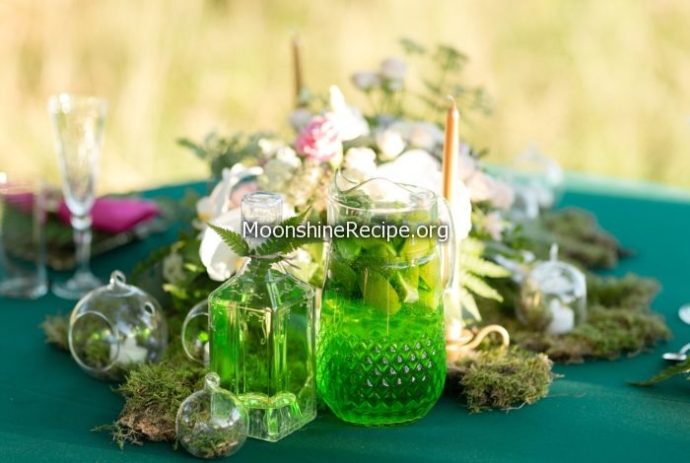







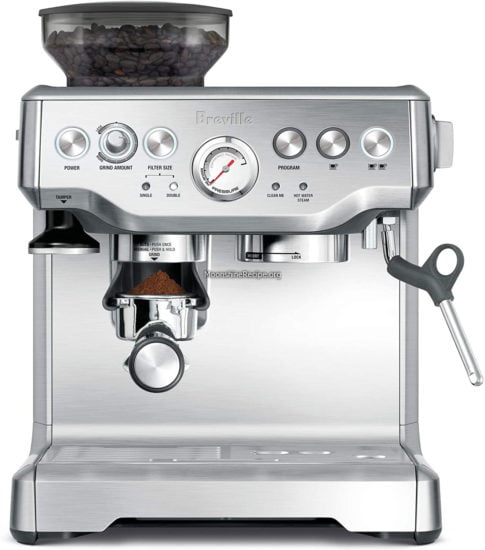



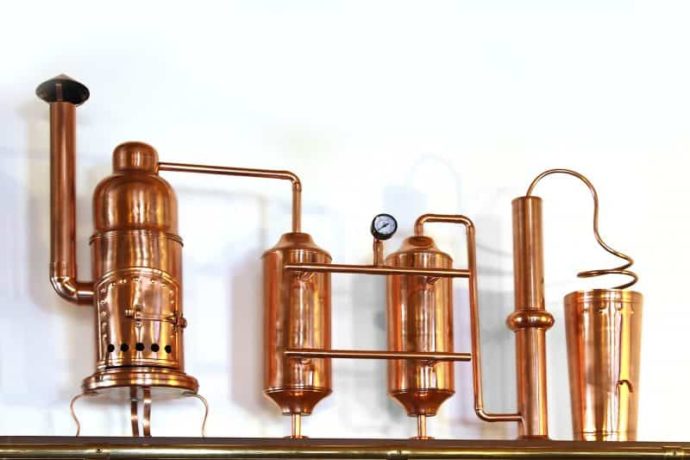
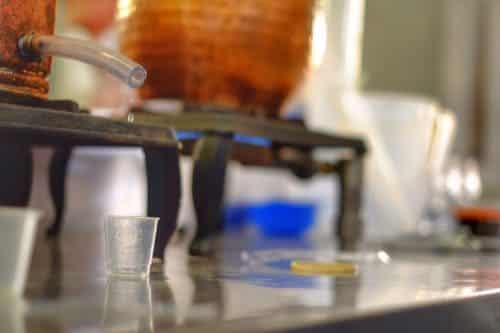

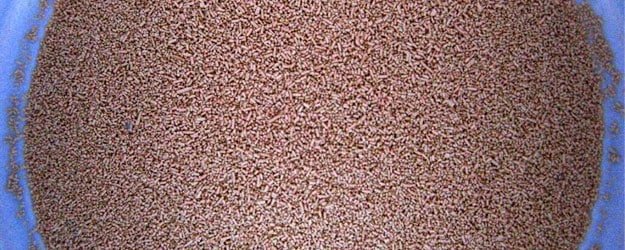
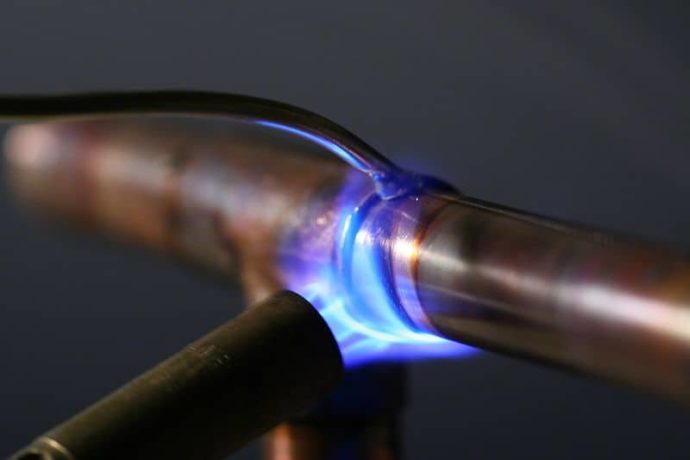
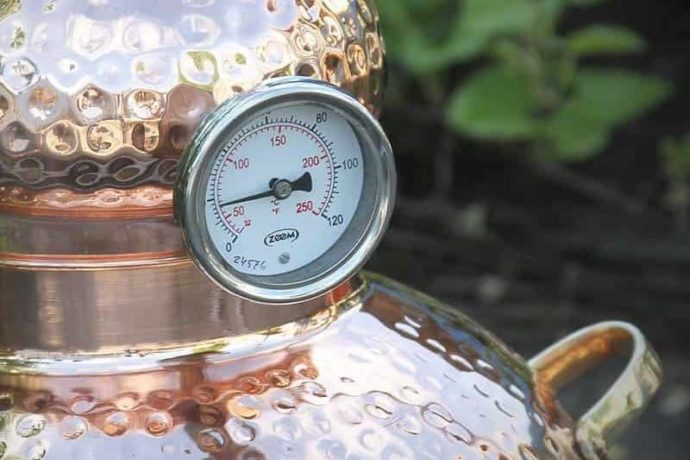
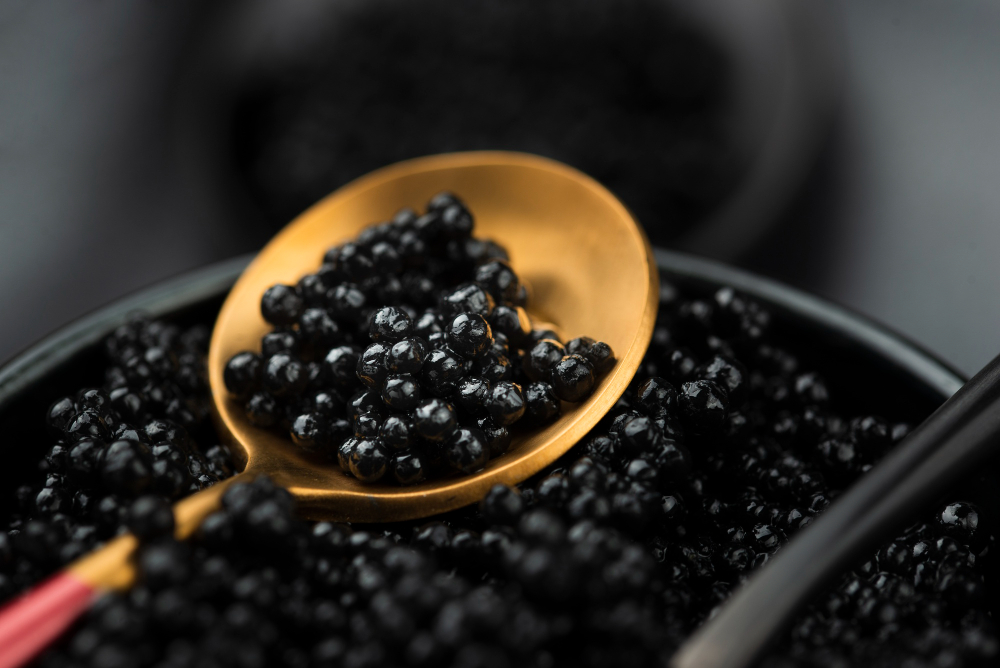



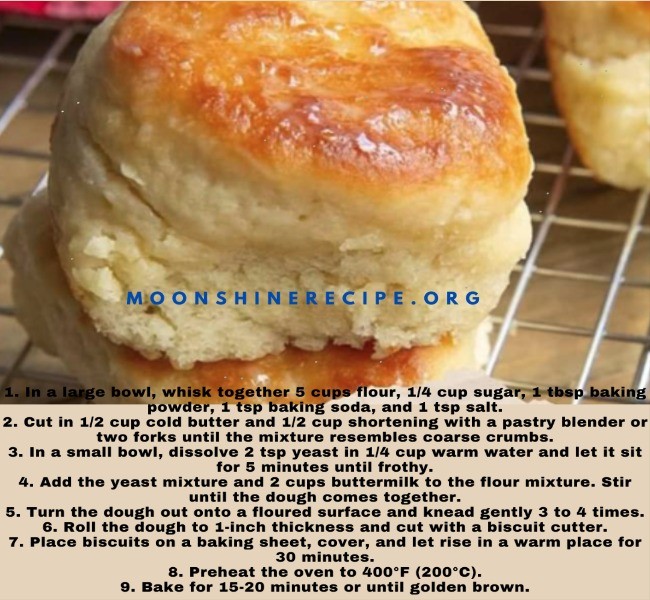
Carroll Timberlake
What’s the difference between spring water and distilled water